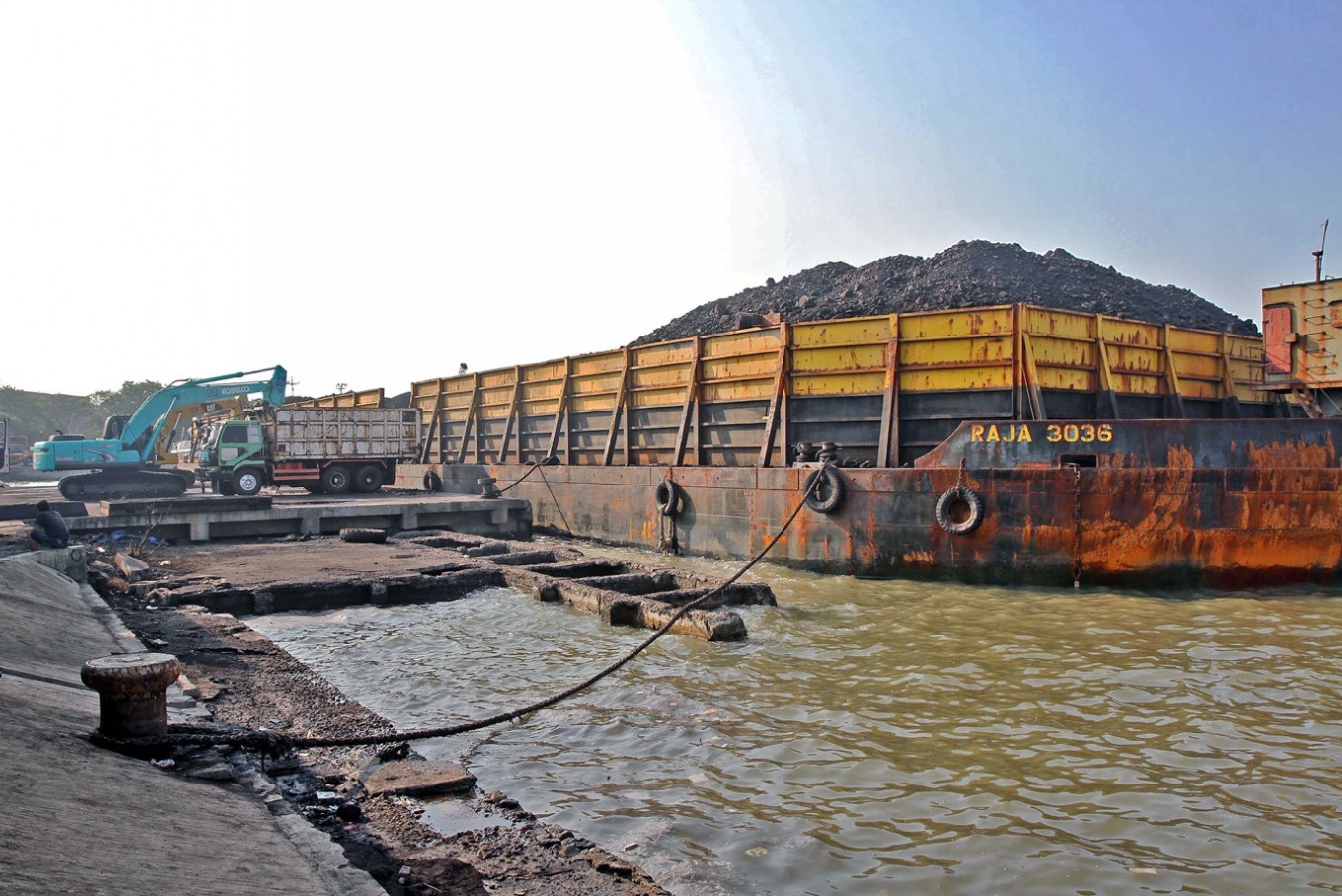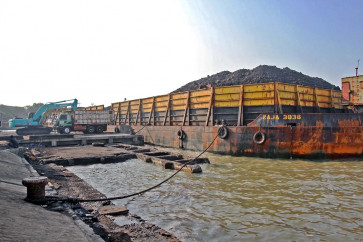Popular Reads
Top Results
Can't find what you're looking for?
View all search resultsPopular Reads
Top Results
Can't find what you're looking for?
View all search resultsInternational economic engagement can support Indonesia’s industrial upgrade
Indonesia has become more dependent on exports of raw materials and less focused on a diverse range of sophisticated products with high value-added – the opposite of what has happened in high-income countries.
Change text size
Gift Premium Articles
to Anyone
Indonesia’s aspiration to be a high-income country by its 100th birthday in 2045 demands bold new approaches to industrial transformation and development.
High-income countries are characterized by their ability to produce a diverse range of sophisticated products with high value-added and services. To reach this level, access to foreign and domestic goods, services, skills, technology and know-how is necessary – through being open to foreign trade and investment and by being well-integrated into regional and global value chains.
At present, Indonesia seeks to develop many goods and services itself and is gradually opening to international trade after the COVID-19 pandemic. While the Job Creation Law made some positive steps on reforms to investment policy and business licensing, current challenges are still present, including non-tariff barriers and service restrictions.
These aspects of the trade environment permeate the Indonesian economy and make it hard for Indonesian businesses to access high-quality goods and services from overseas.
Accordingly, Indonesia’s participation in global value chains is low and has actually fallen during the past two decades. Asian Development Bank data reveals that the share of foreign countries’ imports in Indonesia’s exports – a measure of how much Indonesia uses foreign inputs to locally produce and export value-added products – was 11 percent in 2020, down from 14 percent in 2000. Similarly, the share of Indonesia’s value-added products in foreign countries’ exports was 21 percent in 2020, more or less unchanged from 20 years ago (19 percent in 2000).
Indonesia’s exports increasingly comprise minerals and other commodities. In 2021, four of Indonesia’s top-10 export products were raw materials, making up almost 50 percent of Indonesia’s total exports. This data show Indonesia has become more dependent on exports of raw materials and less focused on a diverse range of sophisticated products with high value-added – the opposite of what has happened in high-income countries.



















